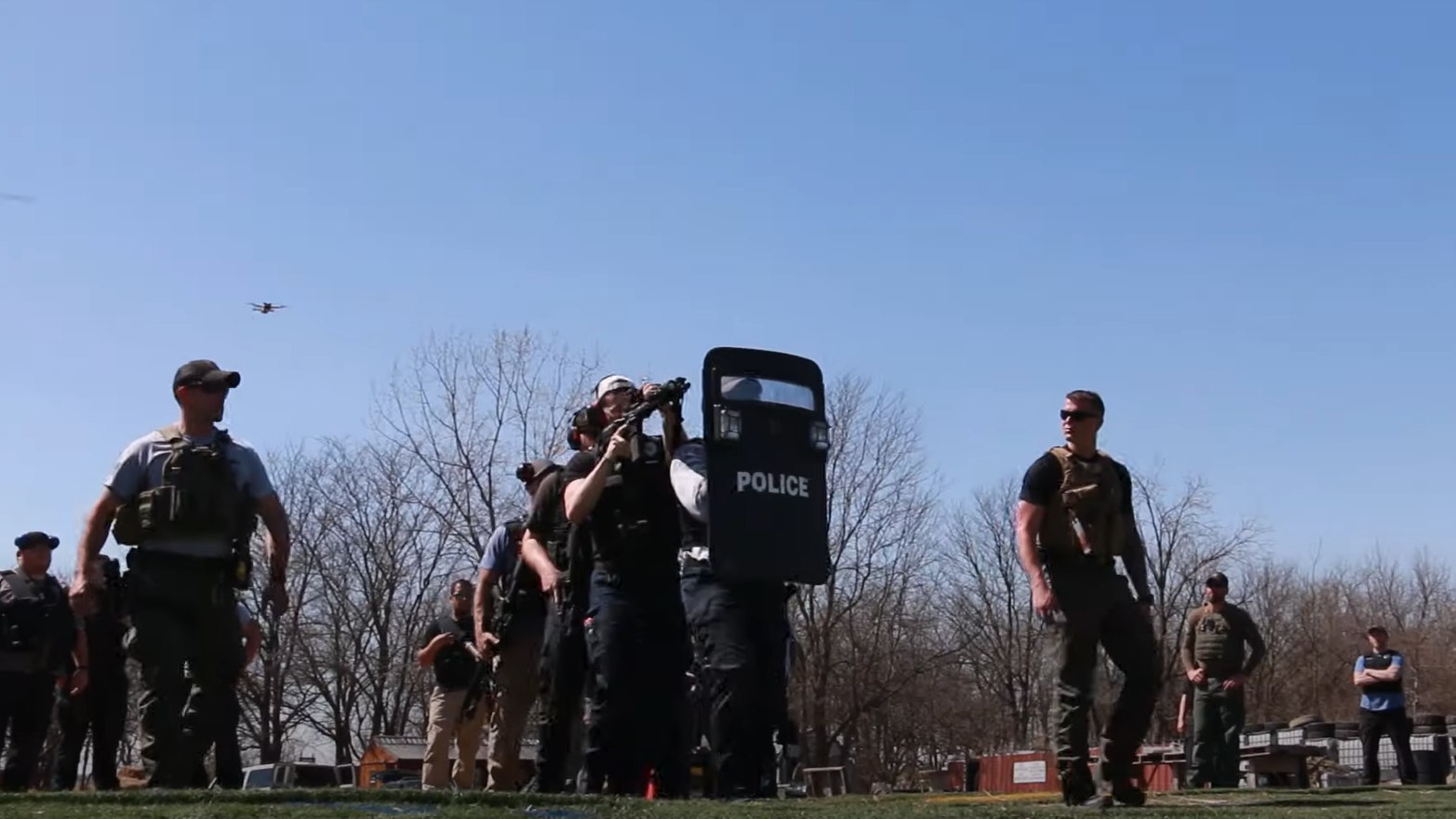
In 2018, the Bureau of Justice Statistics published a report on the use of body-worn cameras by police departments in the United States.
The report found that 47% of U.S. law enforcement agencies had acquired body-worn cameras, noting the main reason for acquiring the technology was to improve officer safety, among other reasons like increased evidence quality, and reduced civilian complaints and agency liability.
The Lafayette (Ind.) Police Department (LPD) adopted Axon body cameras and in-car cameras nearly a decade ago for similar reasons. Moreover, the department has been using dash cameras since 1998.
Since the department’s adoption of body cameras, supervisors have pulled two videos per month – one showcasing excellent police work and the other a learning opportunity – to analyze and discuss during administrative staff meetings. The result?
In just a few short months, supervisors noticed officers utilizing different handcuffing techniques, which led to subjects becoming combative during handcuffing in some cases. As a result, the department was able to evaluate and overhaul its handcuffing training, resulting in the re-training of officers on proper handcuffing techniques. This is just one example of how the LPD continues to put officer safety at the forefront of the police department’s goals and initiatives.
To honor their commitment to officer safety, the National Law Enforcement Officers Memorial Fund (NLEOMF) awarded the LPD as this year’s Destination Zero winner of its general officer safety category. Destination Zero is a program aimed at improving the health and safety of law enforcement officers across the country. This year, five police departments, that are committed to increasing officer wellness and reducing line-of-duty deaths or injuries, were presented awards during Police Weekend.
Below, we break down how the Lafayette Police Department is improving officer performance and safety in the field.
1. An investment in time and training in driving and traffic-related safety
The LPD partnered with car dealership Subaru Isuzu of Indiana, which has a 2.5-mile test track, so officers can use the track once a year to complete emergency driving training. The department mandates a minimum of four hours of Emergency Vehicle Operations Course (EVOC) training per year. A handful of LPD officers are certified as EVOC driving instructors and the department has up to four vehicles specifically dedicated to EVOC training.
[RELATED: 5 steps to enhancing your EVOC training]
2. SWAT training isn’t just for the SWAT team
The LPD’s SWAT team, which is made up of 18 operators, assists in training all officers and recruits in the following:
The department partnered with a local company that uses video game engines to train officers on consequence management when responding to active shooter events or other crisis events.
Recruits are routinely exposed to SWAT operations by attending practice, as well as participating as role players during scenario-based training. The SWAT team also trains with the drone, K-9 and crisis negotiation teams.
[LISTEN: Policing Matters Podcast: How to excel as a crisis negotiator]
3. The utilization of drones in the field
Police departments nationwide are deploying drones to allow officers to “see” what they cannot visualize with their own eyes and “go” places they cannot safely access.
The LPD’s Drone Response Team, which was created in 2019, has two DJI Inspire drones, two Mavics drones, as well as FLIR Optical Zoom cameras. The department’s program uses Axon Air, which delivers secure live streaming into the department’s Axon Respond network. The technology, according to the department, “enhances officer safety by providing aerial views, low-light and thermal imaging capabilities.”
[DOWNLOAD: How to buy police drones]
4. An executive coaching model delivered through a digital platform to every LPD officer
Two years ago, the LPD was the first department in the state to pilot Performance Protocol, which brings the concept of executive coaching to law enforcement. The digital coaching platform, according to the website, “builds strong and capable leaders within law enforcement.” The program achieves this through “a comprehensive approach that includes customized solutions for recruitment, development and retention.”
[RELATED: Can coaching be beneficial in policing?]
Click here for more information about this year’s four other Destination Zero award winners, including the categories of comprehensive wellness, officer traffic safety, officer wellness and comprehensive safety.


